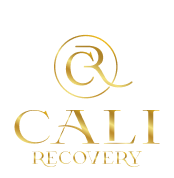Dual Diagnosis Treatment Center Los Angeles, CA
Cali Recovery is the leading outpatient recovery center in Los Angeles, California. If you or a loved one is struggling with mental health disorders and addiction, our dual diagnosis treatment center is here to provide the support and care you need. With our specialized approach to dual diagnosis treatment, we aim to address both the mental health and substance use components of co-occurring disorders, ensuring comprehensive and effective recovery.
At Cali Recovery, we understand the unique challenges faced by individuals experiencing dual diagnosis. Mental illness and addiction often go hand-in-hand, creating a complex web that can be overwhelming to untangle. That’s why our dedicated team of professionals is committed to providing personalized, evidence-based treatment that addresses the root causes of your struggles.



